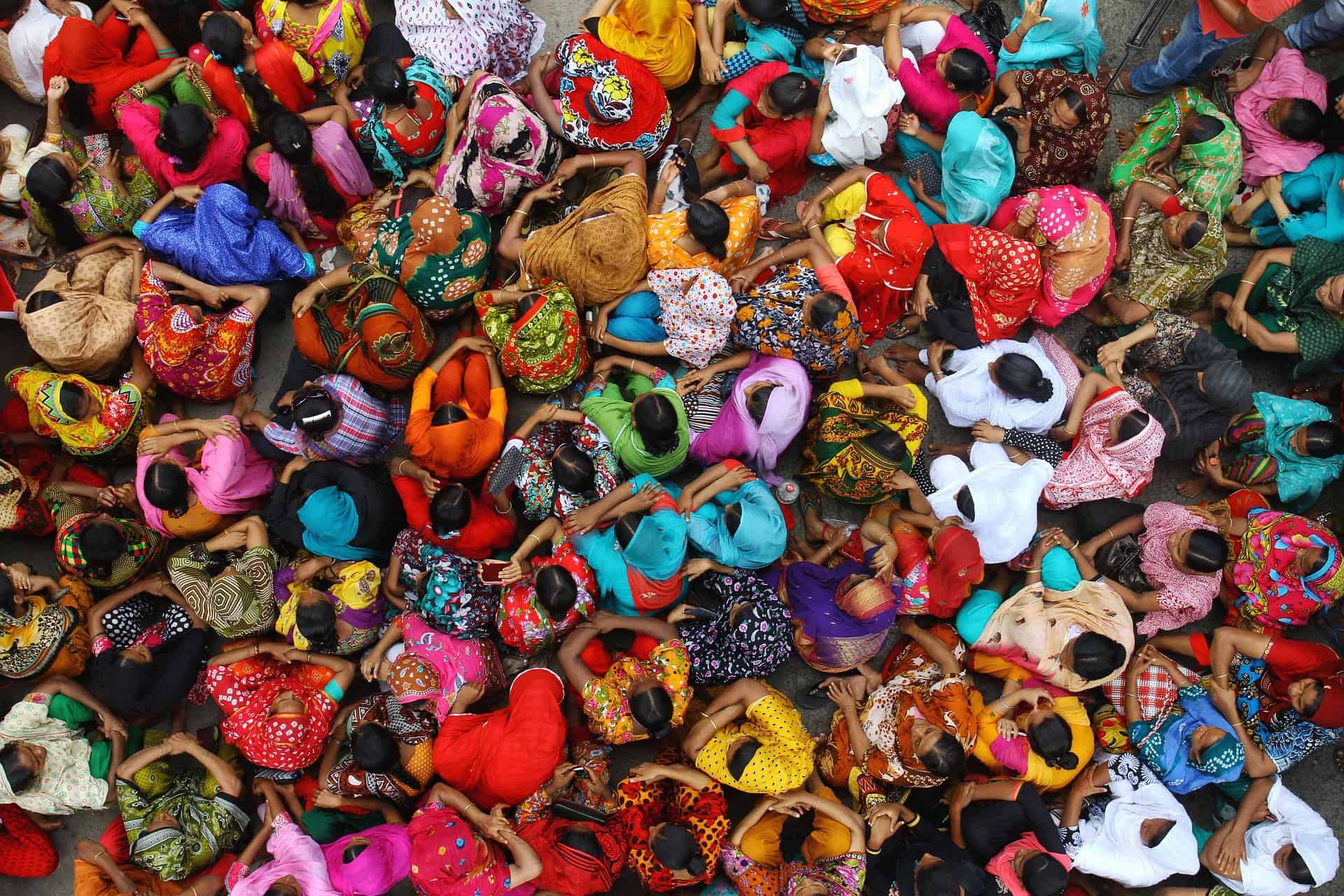
ME&A Evaluates USAID-Funded Activities Addressing Trafficking and Gender in Bangladesh
Human trafficking and rights for gender diverse populations (GDPs) were the topics of two recent final performance evaluations conducted by ME&A under the USAID Bangladesh Monitoring, Evaluation and Learning (BMEL) Activity. Both of these evaluations were conducted using a hybrid approach due to COVID-19 travel restrictions.
The two USAID-funded programs ME&A evaluated were the Bangladesh Counter Trafficking-In-Persons (BC/TIP) activity and the Rights for Gender Diverse Populations (RGDP) activity. Both evaluations assessed technical and programmatic validity, success at achieving targeted results and stated objectives, and program and management effectiveness to create recommendations for USAID/Bangladesh.
The goal of BC/TIP – a six-year, $11.8 million activity – is to reduce the prevalence of human trafficking in Bangladesh by strengthening community capacity to identify trafficking victims, improving trafficking victims’ access to assistance, increasing criminal-justice actors’ responsiveness to trafficking victims, and building effective partnerships among stakeholders to combat trafficking. The activity also provides support to victims and those at-risk of child marriage and raises awareness of the serious problems associated with child marriage. BC/TIP’s evaluation used a hybrid qualitative approach, including key informant interviews; small group discussions; and focus group discussions with government and community stakeholders, beneficiaries, and staff from implementing partners and sub-grantee nongovernmental organization partners. COVID-19 restrictions prevented two international experts from traveling to Bangladesh, requiring them to perform their roles remotely through Google Meet, Microsoft Teams, Skype, and Zoom.
The goal of RGDP – a three-year, $850,000 activity – is to advance human-rights advocacy for GDPs by strengthening the capacity of civil society organizations and sensitizing policy makers and religious leaders about the human rights and needs of this underrepresented minority group. The activity increases awareness and knowledge among the GDP about their rights, improves access to different public services and legal aids for GDPs through sensitizing service providers and community members, and strengthens the capacity of different stakeholders to advocate and reduce human rights violations against GDPs. RGDP’s evaluation used a hybrid mixed-methods data collection design consisting of a document review, key informant interviews , focus group discussions, and an online survey. Due to COVID-19 restrictions, parts of the evaluation were conducted using remote interviewing technologies (i.e., Skype, Zoom, Google Meet, Microsoft Teams, and WebEx).
The final reports for both evaluations are expected to be released on USAID’s Development Experience Clearinghouse (DEC) over the summer.
The BMEL Activity, run from Dhaka, is a $9.4 million USAID contract enabling USAID/Bangladesh to collect and use relevant data to achieve Mission development objectives, enhance the capacity of Mission staff members in learning and knowledge management, and enable evidence-based programmatic decision-making. USAID/Bangladesh awarded BMEL to ME&A under the U.S. General Services Administration Federal Supply Schedule 874, Professional Services Schedule (PSS/MOBIS).


